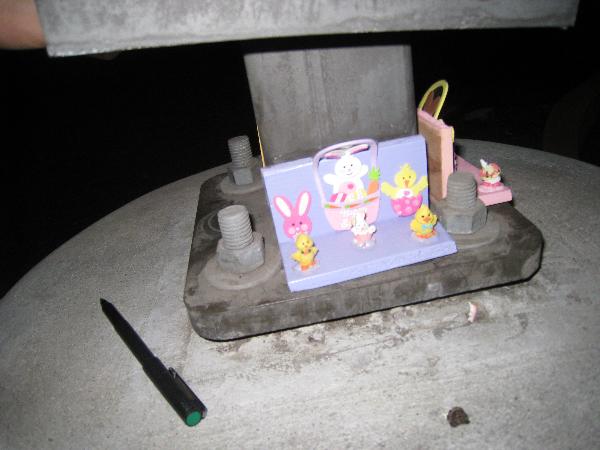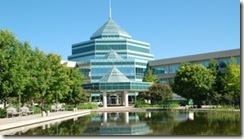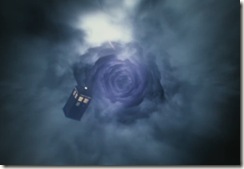 A couple of days ago Groundspeak, the company that runs geocaching.com, stirred the pot in the lamp post cache (LPC) debate on Facebook by posting an entry on their blog about a geocacher who leaves little dioramas in their LPCs. IWillFindIt!! thinks that when you lift the metal skirt at the bottom of a lamp post is like raising the curtain on a stage, so her nearly twenty or so LPC geocaches have little scenes like the one in the picture to the right.
A couple of days ago Groundspeak, the company that runs geocaching.com, stirred the pot in the lamp post cache (LPC) debate on Facebook by posting an entry on their blog about a geocacher who leaves little dioramas in their LPCs. IWillFindIt!! thinks that when you lift the metal skirt at the bottom of a lamp post is like raising the curtain on a stage, so her nearly twenty or so LPC geocaches have little scenes like the one in the picture to the right.
The problem is that while Groundspeak does acknowledge that there is controversy surrounding lamp post caches, they do not mention any of the problems with these geocaches, specifically that many (most?) lamp post caches are placed on private property without the landowner’s permission (a big geocaching no-no) and that sometimes there’s more than just bolts at the base of a lamp post. Bees and wasps have been known to take up residence in these spaces, which can be surprising indeed, but the bigger problem is that most lamp posts also contain electrical wires, which can hurt, or even kill, people if they’re damaged.
I’ve written about the problem with lamp post caches before, and I’ve even written about why I archived a cache I had hidden in the base of a light post at a park-and-ride before I realized the problems with the location.
It’s too bad that Groundspeak doesn’t do more to limit these geocaches. Ideally, geocache reviewers – trusted geocachers who approve geocaches – would challenge cache owners to prove they had permission from the landowner when reviewing a potential new geocache. While confirming that you have “adequate permission” to place a geocache is part of the new cache submission process, I suspect that many cache owners put a tick in the box because they can’t submit it otherwise, just like many people click “I agree” when installing a new piece of software. (You really should read all that fine print because it can contain clauses like agreeing to give your immortal soul to a video game store.)
As a geocacher, I generally avoid seeking these geocaches. A couple of months ago while I was out geocaching with another geocacher we came across a geocache hidden in the base of a lamp post at the edge of a baseball diamond (GC1FRVV). While the geocache was tucked just out of side under the flange at the bottom of the post, the container was made out of an electrical junction box – a terrible container because it encourages geocachers to poke at electrical junction boxes in places where there are high-voltage cables. I submitted a “needs archived” log for the cache because the owner hadn’t addressed any of the previous “needs maintenance” logs and also because of the choice of container. A reviewer looked at the situation and archived the geocache.
Groundspeak really shouldn’t be promoting this type of cache – they should be discouraging them. If they are going to post articles to their blog about LPCs, they should present both sides of the debate.







 This is the weekend that we fall back in time.
This is the weekend that we fall back in time.
 AKA Keeper of Maps, I'm a geocacher who lives in Ottawa, Canada.
AKA Keeper of Maps, I'm a geocacher who lives in Ottawa, Canada.
